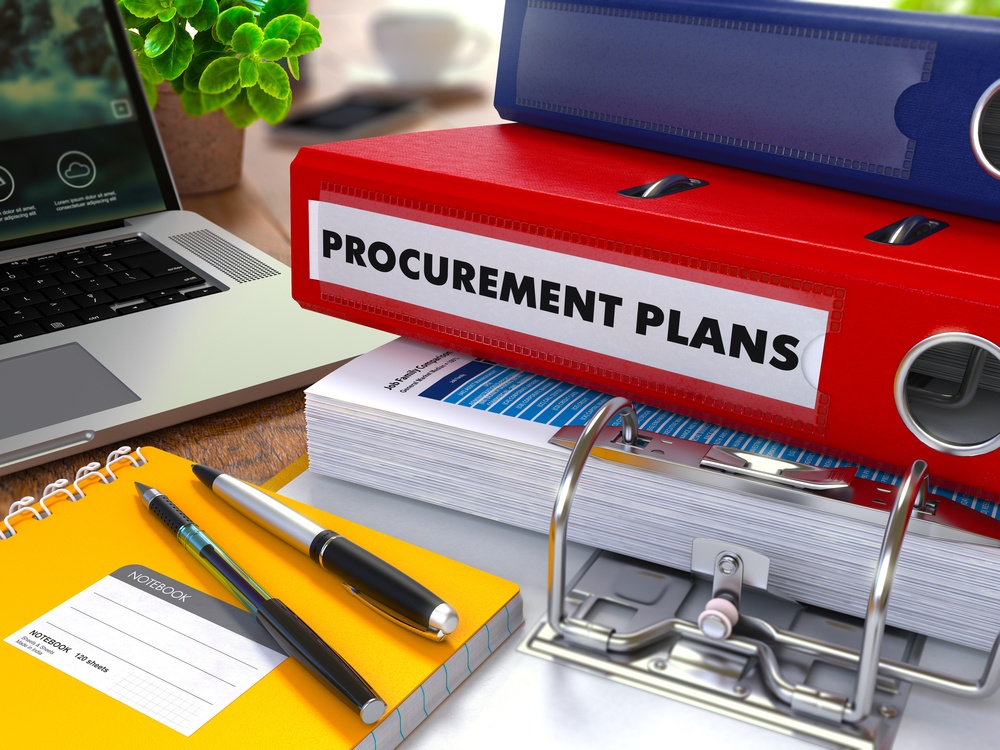
Procurement is, in general, the act of obtaining or buying goods and services. Often regarded as something as simple as an ordinary purchase, any procurement process in reality includes preparation and processing of a demand as well as the end receipt and approval of payment. Fleet procurement is no exception, and even these tasks, though they can be merely regarded as simple steps themselves, do require a detailed preparation process.
The question “What does ‘fleet procurement’ really stand for?” could be answered quite simply: it is nothing more complicated than the act of buying things. But if you scratch below the surface, you might actually see that fleet procurement is the purchase of goods or services of a certain quality and quantity, bought at a specific time, from the best supplier, with optimum terms and usually subject to some kind of contractual obligation. If you look at something as basic as procuring office supplies it can be misleading, but if you consider the task of a fleet manager, you will notice that there are phases of procurement and the purchase is not usually immediate—this process requires preparation, strategy and control.
When having to deal with fleet procurement processes, another typical mistake is to just consider obtaining vehicles as the final objective in the fleet procurement process. The truth is that for most fleets the process takes into consideration much more than that, and includes for example, tyres, fuel, insurance, replacement parts and components and not just the obvious physical asset. Support services such as maintenance delivery, vehicle hire, driver training provision and fleet management technology also have to be a part of the procurement process.
Fleet procurement requires a deep evaluation of the elements a fleet requires before the process takes place to ensure the company ends up with adequate resources, assets and services. It is not an easy task and involves considering all possible options and the ability to know or predict exactly what the fleet will cost to the company or organisation. This process is surely one of the most critical for fleet managers—the making of long-lasting decision is something that ultimately dictates the future of the fleet, affects the reputation of a company and, consequently, the fleet director’s career.
The process of fleet procurement needs to be carried out by negotiating the most favourable terms and price, by securing the most advantageous contract and ensuring it all functions as a product or service to the profit of the company. Top management should understand this and do everything in their power to help optimizing the process for the best possible long-term results. The idea is that management collaborates mutually with the fleet manager, asking him to describe the product or service being sourced, providing an overview of how it works, and describing how it impacts the fleet itself. This will include everything from technology to service level agreements, from vehicles to fleet management reporting.
The success of a procurement process, then, requires so much more than just looking at prices and picking the lowest cost. Hitting the lowest numerical targets can be seen as easier than the collaboration between senior and fleet management. If this fails, long-lasting success is not guaranteed; but if both work for mutual wellbeing—as a fleet manager’s success is integral to company success—they are actually making the first important step to a favourable outcome.



